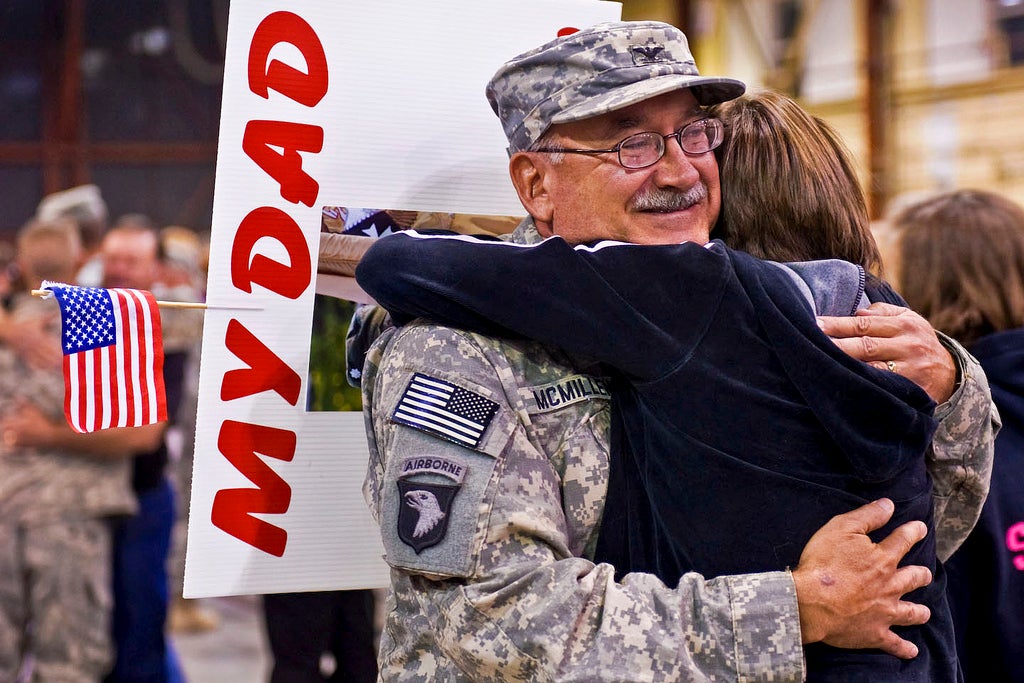Study Addresses Deployment Issues
Study Addresses Deployment Issues

Experiences during a service member’s deployment can have a “profound” impact on families during the immediate post-return period—but the more experienced a family is with deployments, the quicker the return to relative normalcy.That’s one conclusion of the Deployment Life Study released by the RAND Corp., a nonprofit research organization. RAND surveyed more than 2,700 married service members, their spouses and, when available, one child between the ages of 11 and 17. The family members were surveyed every four months for three years, enabling researchers to examine family and individual well-being before, during and after deployment. Not all families involved experienced deployment, however.The findings led RAND researchers to make several recommendations regarding the well-being of military families, including:
- Programs, services and policies should target families that experience deployment trauma, especially when the service member returns home.
- Addressing problems around the time of separation may help avoid longer-term impairments including veteran homelessness, unemployment and substance abuse.
- Programs should encourage communication within and among military families during a deployment.
The study was jointly sponsored by the Office of the Army Surgeon General and the Defense Centers of Excellence for Psychological Health and Traumatic Brain Injury. A summary of the research is located here: www.rand.org/pubs/research_briefs/RB9906.html

